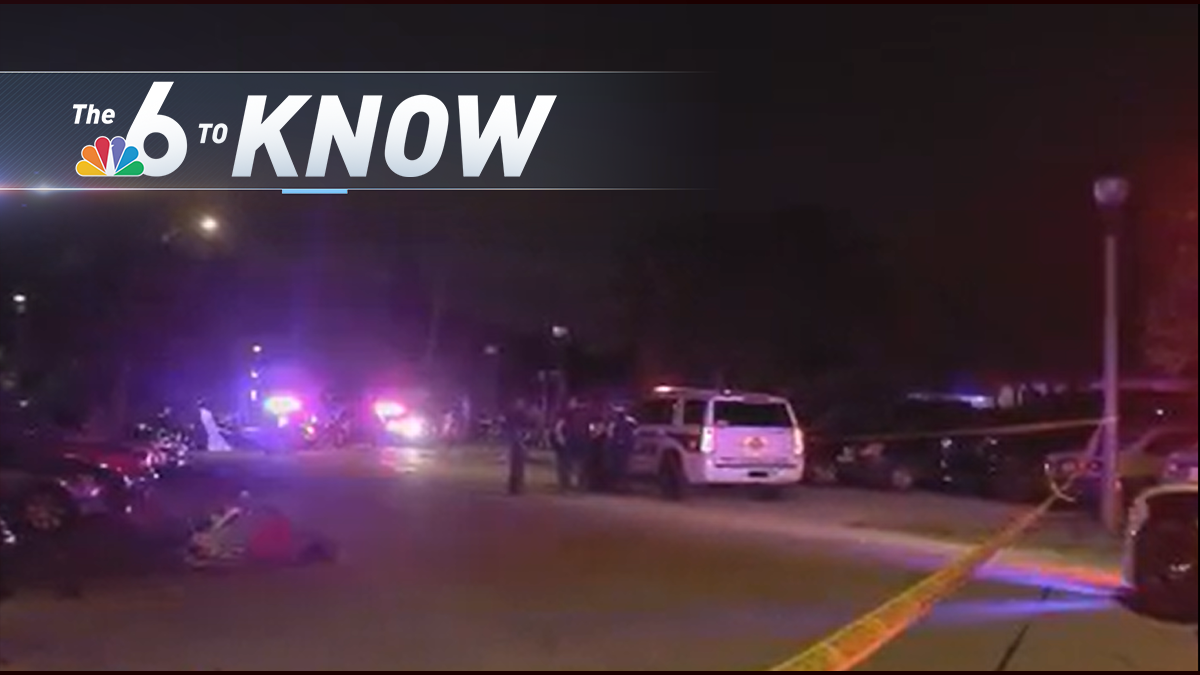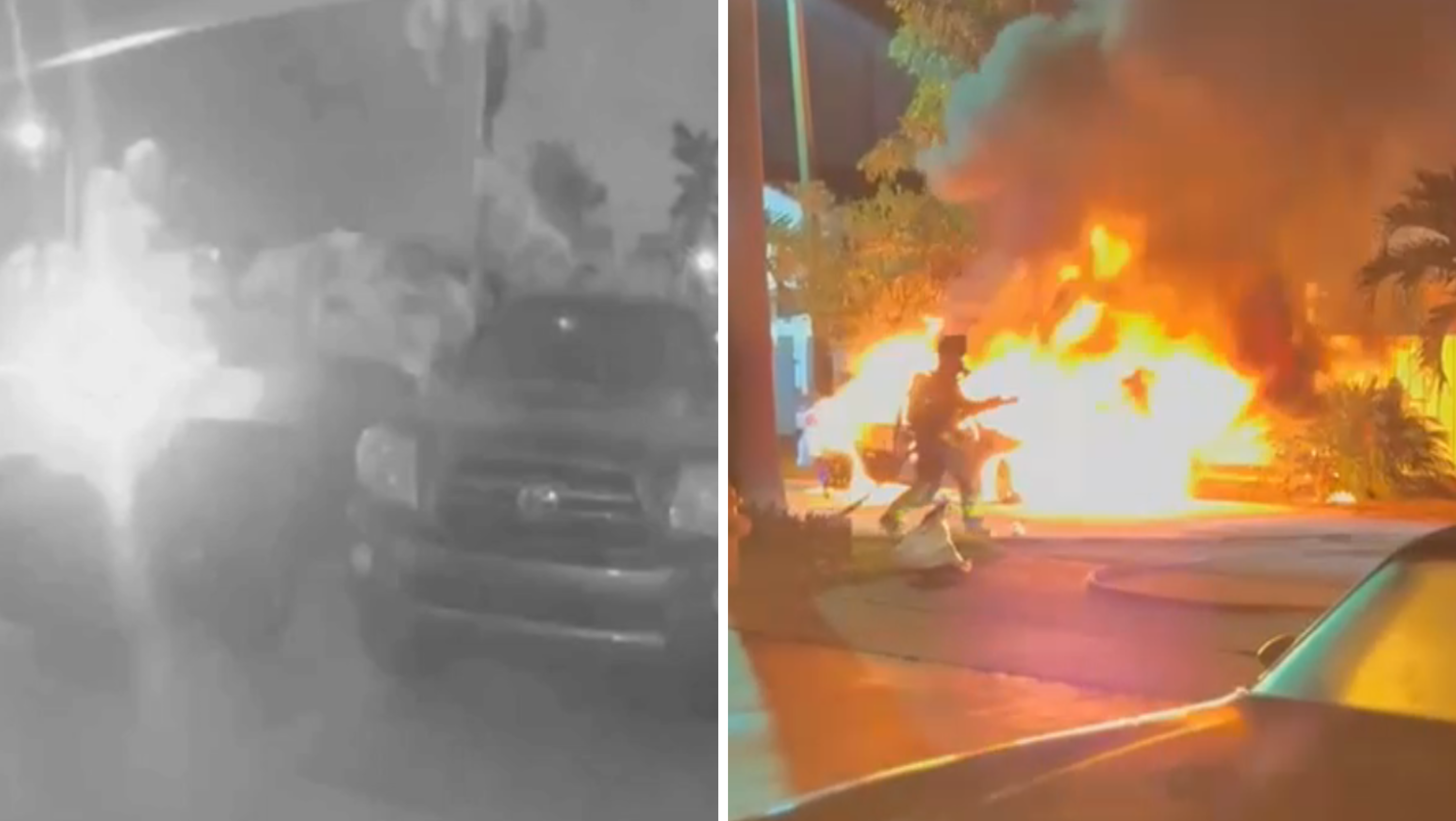With the protests happening across the country and here in South Florida, medical experts are warning that the pandemic is still not over.
With the protests happening across the country and here in South Florida, medical experts are warning that the pandemic is still not over.
NBC 6’s Sheli Muñiz spoke with former FDA Associate Commissioner and Professor Peter Pitts about the concerns.
NBC 6: When you see these protests in the middle of the pandemic, are there concerns?
Pitts: I’m very concerned. Social distancing and social unrest are like oil and water. They’re absolute contrary, we are still in the middle of a pandemic. Despite the serious and important issues that are causing these protests, we can’t forget that closeness with our fellow citizens is not a good thing. It feeds the virus. COVID-19 believes that no lives matter. So we need to recognize in a time that we need to bring our communities together both to solve a social health crisis and a crucial social community issue, we can’t forget one or the other. Being in close proximity, protesting or not protesting, is simply not a good idea, unfortunately, the heat and the emotions of social unrest often trump public health behavior. It’s hard enough when that’s the only thing we need to worry about now that we’ve got social unrest and social distancing, it’s twice as hard.
NBC 6: People are out with face masks, some are keeping their social distance, does it help the fact that this is not a confined space and people are outdoors?
Pitts: It certainly does. If this was happening inside a crowded movie theater, or sports arena, it would be significantly worse, but people are outside. Most people are being responsible and wearing masks for the right reasons so it’s going to mitigate the problem a little bit. But, the fact of the matter is, that you have a lot of people congregating at the same time, in the same place, whether at the beach or sports arena, or in front of the white House, it’s not the best, optimal way to deal with COVID-19.
NBC 6: How soon could we see this translated in numbers?
Local
Pitts: So, what will happen now is that we will see if people get sick, if people test positive at a greater rate. Not necessarily hospitalizations because at least to my eye, the people who are protesting in the streets are not older, they’re not dealing with serious health care conditions, they are healthier, more robust people, so that’s a good sign. So, we’ll see maybe in four, five, six days or more if infection rate spikes, this is one of the potential reasons it did. Let’s just say in a week’s time we will see, I can’t see how it does not.
NBC 6: Atlanta Mayor urged protestors to get tested, with infection rates disproportionately affecting minorities, this is going to agitate the situation.
Pitts: Oh no question about it, clearly, the infection rates are significantly higher in communities of color. Now, if you were in a protest in the evening or days to come on, don’t rush to get tested the next day, it’s not going to be beneficial, wait a day or two and then get tested. It’s the responsible thing to do.



